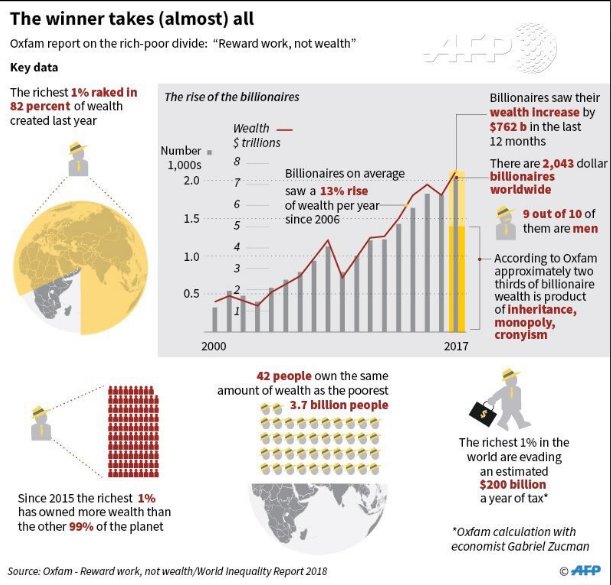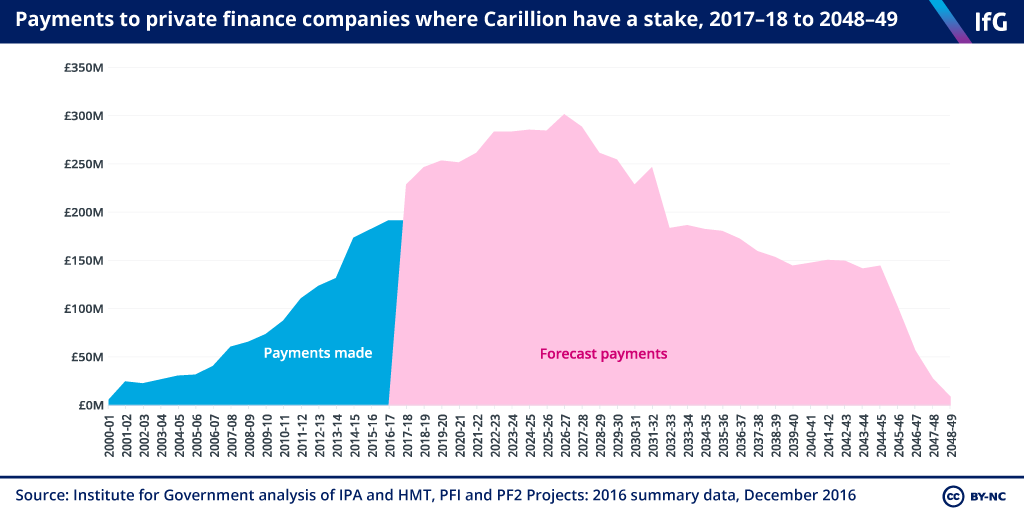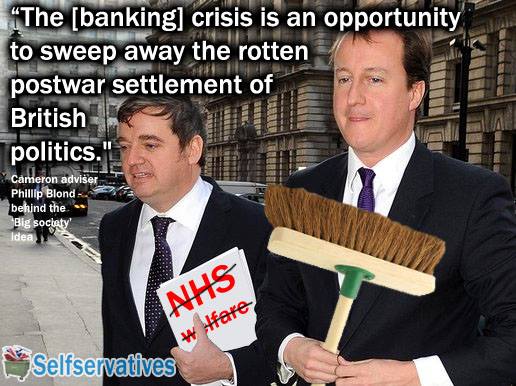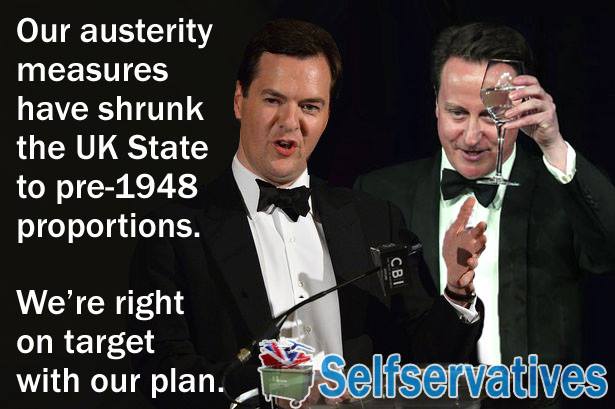
Yet another remarkable Conservative-led backlash against Oxfam’s annual report on global inequality ahead of the opening of the World Economic Forum in Davos was started almost as soon as the charity issued the press release. The report says that just 42 people hold as much wealth as the 3.7 billion who make up the poorest half of the world’s population. Inequality has widened over last year, with some 82% of the entire world’s money going to just 1% of the population.
The report says it is “unacceptable and unsustainable” for a tiny minority to accumulate so much wealth while hundreds of millions of people struggled on poverty pay. It called on world leaders to turn rhetoric about inequality into policies to tackle tax evasion and boost the pay of workers.
Mark Goldring, Oxfam GB chief executive, said: “The concentration of extreme wealth at the top is not a sign of a thriving economy, but a symptom of a system that is failing the millions of hardworking people on poverty wages who make our clothes and grow our food.”
Oxfam has made changes to its wealth calculations as a result of new data from the bank Credit Suisse. Under the revised figures, 42 people hold as much wealth as the 3.7 billion people who make up the poorer half of the world’s population, compared with 61 people last year and 380 in 2009. At the time of last year’s report, Oxfam said that eight billionaires held the same wealth as half of the world’s population.
The wealth of billionaires had risen by 13% a year on average in the decade from 2006 to 2015, with the increase of $762bn (the equivalent of £550bn) in 2017 – enough to end extreme poverty seven times over.
The charity also said nine out of ten of the world’s 2,043 dollar billionaires were men.
Goldring went on to say: “For work to be a genuine route out of poverty we need to ensure that ordinary workers receive a living wage and can insist on decent conditions, and that women are not discriminated against. If that means less for the already wealthy then that is a price that we – and they – should be willing to pay.”
An Oxfam survey of 70,000 people in 10 countries, including the UK, showed widespread public support for action to tackle inequality. Nearly two-thirds of people – 72% in the UK – said they want the government to urgently address the income gap between rich and poor in their country.
The New Right and neoliberals subsequently have advocated policies that aided the accumulation of profits and wealth in fewer hands with the argument that it would promote investment, thereby creating more jobs and more prosperity for all. As neoliberal policies were implemented around the world inequalities in wealth and income increased, there were health inequalities and poverty increased, contradicting neoliberal theories that by increasing the wealth at the top, everyone would become more affluent. Public funds were simply funnelled away into private hands. (See: the Paradise Papers, for example, and A few words about trickle down economics).
Furthermore, it’s become increasingly apparent that neoliberalism, as a totalising free-market ideology, is fundamentally incompatible with democracy and human rights frameworks.
The socioeconomic changes pushed through by the New Right in the US and the UK in the 80s removed constraints on bankers, made finance more important at the expense of manufacturing and reduced the power of unions, making it difficult for employees to secure as big a share of the national economic wealth as they had in previous decades.
The flipside of rising corporate profits and higher rewards for the top 1% of earners was stagnating wages for ordinary citizens against a backdrop of rapidly rising living costs, and of course, a subsequent higher propensity to get into debt.
Let’s not forget that the main factors behind the global economic crisis were ill-conceived and ideologically motivated fiscal and monetary policies, which were aided and abetted by inadequate regulation and a variety of other neoliberal policy ‘mistakes’. We subesequently learned that squeezing the oligarchs – those whose behaviours were responsible for the Great Recession – is seldom the strategy of choice among free market governments. Instead, they look to the less powerful – ordinary citizens – to carry the consequences and burdens of the greed and reckless risk-taking of the financiers. Government’s can’t stay tough on erstwhile cronies, after all.
The oligarchs use their influence to prevent precisely the sorts of reforms that are needed. Responsibility and blame for the recession and the failure of neoliberalism has been re-written: it’s because of the ‘culture of entitlement’, it’s because of the opposition’s previous ‘spendthrift’ policies; ‘it’s because of poor people’s sub-optimal, faulty behaviours’ and ‘cognitive biases’; it’s because of ‘scrounging’ welfare claimants; it’s down to disabled people who are ‘parked’ on welfare; it’s because of immigration which drains our resources: it’s down to ‘inefficient’ public services; it’s because of the ‘bloated’ state. It’s because of anything but what it actually was because of.
The pre-bust rising delinquencies in US subprime mortgages have all but been forgiven and forgotten. The political solution to catastrophically failing neoliberalism has simply been the application of more aggressive neoliberal policies.
Of course, in a society that celebrates the idea of self interest, greed and accumulating money, it’s easy to infer that the interests of the financial sector are the same as the interests of the country.
Meanwhile, in the UK, when people were asked what a typical British chief executive earned in comparison with an unskilled worker, people guessed 33 times as much. When asked what the ideal ratio should be, they said 7:1. Oxfam said that FTSE 100 bosses earned on average 120 times more than the average employee.
Goldring said it was time to rethink a global economy in which there was excessive corporate influence on policymaking, erosion of workers’ rights and a relentless drive to minimise costs in order to maximise returns to investors. He is absolutely right. In the wake of the Paradise Papers, the catastrophic collapse of Carillion, which further exposes the neoliberal privatisation ‘efficiency’ myths, the wake of scandals from the likes of G4S, Atos and Maximus, and Virgin Care. (See also: Doctors bribed with 70-90k salaries to join Maximus and “endorse a political agenda regardless of how it affects patients.”).

It’s unsurprising that the neoliberal ideologues are out in force, outraged as their hegemony is crumbling and their fig leaf has been removed. Astroturfing aggressively in an attempt to stigmatise knowledge that is an empirically inconvenience to neoliberal ideologues. The culprits are easily identified because they use the same crib sheet, with comments that are identical almost word for word.
The effects of inequality are not confined to the poor. A growing body of research shows that inequality damages the economy and the social fabric of the whole of society.
The International Monetary Fund (IMF) said last year: “Research at the IMF and elsewhere makes it clear that persistent lack of inclusion—defined as broadly shared benefits and opportunities for economic growth—can fray social cohesion and undermine the sustainability of growth itself.” And development experts point out that inequality compromises poverty reduction.
The IMF also say “While some inequality is inevitable in a market-based economic system, excessive inequality can erode social cohesion, lead to political polarization, and ultimately, lower economic growth.” In the Fiscal Monitor, the IMF discussed how fiscal policies can help achieve redistributive objectives.
The Institute for Economic Affairs (IEA), a think tank insisting since the 1950s that free market have an important role in solving economic and social problems, have spearheaded what can best be described as an aggressive right wing and neoliberal astroturfing campaign on Twitter. It’s because they know neoliberal dogma has run out of road. Manic privatisation, small state extremism, austerity and a profit over human need philosophy have shoved and abandoned us in an economic cul-de-sac.
The IEA are braying in response to Oxfam’s modest call for a fairer, progressive tax system and a more inclusive form of capitalism : “Yet again Oxfam gets it wrong on inequality and poverty, “ says Mark Littlewood, for example, who defends the neoliberal go-to trickle down approach, arguing for growing the overall size of the pie instead of quibbling about how it is sliced. He also says: “Higher minimum wages would also likely lead to disappearing jobs, harming the very people Oxfam intend to help.”

The origins of trickle-down theory: poor people are expected to live on a diet of horse sh*t.
Yet the growth of low paid and insecure employment under neoliberalism has placed an increasing burden on our rapidly shrinking public services and in particular, such exploitative thinking, which places profit over the needs and rights of workers, has placed a drain on our welfare system, with the highest proportion of costs – most benefits – being paid to people in low paid work.
Littlewood fails to make the link between inequality and growing poverty. You’d think that if this approach worked, we would have seen evidence of it over the years since the Thatcher era. Instead, we have witnessed growing inequality and the return of absolute poverty – which is when people cannot meet the costs to fulfil their basic survival needs, such as for fuel, food and shelter.
The worlds’ wealth and power is increasingly concentrated in fewer and fewer hands, undermining democracy in the process. On the IEA site, Kate Andrews also tries to completely separate inequality from poverty, but fails miserably in her justification of inequality of the grounds of meritocratic dogma. She intentionally overlooks the dynamics of the triangular relationship between distribution, poverty and economic growth. Poverty can be reduced through increases in income, through changes in the distribution of income, or through a combination of both.
Accumulation by dispossession – the consequences of privatisation and commodification of public assets, transferring property and wealth from public to private ownership – has been among the most widely criticised and disputed aspects of neoliberalism. It was originally observed and outlined by David Harvey, who says that neoliberal policies in many western nations, from the 1970s to the present day, has resulted in an accumulation and centralisation of wealth and power in the hands of a few by dispossessing the public of their wealth, public services, resources, power and land.
This process of accumulation by dispossession intimately ties growing inequality with increasing poverty, especially in an age of neoliberal austerity, a programme which has targeted the poorest citizens disproportionately.
Increasing the income of poor citizens contributes to the expansion of the economy. Andrews also intentionally disregards the fact that almost everyone pays National Insurance and tax, and that poor people tend to pay proportionally more of their income in tax than very wealthy citizens. That’s if wealthy citizens choose to pay any tax at all – it’s become increasingly optional, politically, to tax the rich. It’s become increasingly apparent over the last decade that the real economic free-riders are the very wealthy and privileged, not the poorest citizens. Poverty and inequality isn’t ordained by the laws of either economics or physics. It’s the result of hegemonic decision-making, and rigidly institutionalised class advantage and disadvantage.
This is why big players such as the World Bank, United Nations, World Economic Forum, OECD and IMF have gone about setting twin goals and outlining recommendations that policy needs to simultaneously tackle poverty and inequality in rich as well as poor countries.
I’m just wondering if the Twitter trolls and astroturfers have yet ridiculously accused these institutions and organisations of being ‘Corbynites’ , ‘Marxists’ and of joining or supporting Momentum, as they did Oxfam.

The condition that people who champion social justice and object to inequality and poverty must be poor and oppressed, otherwise their proposition must be invalid is a peculiarly right wing one, based on a form of faulty narcissistic reasoning.
By attempting to shift the debate away from the policy changes that have caused inequality, neoliberals are simply trying to legitimate it without the merit of open and rational scrutiny.
One of the primary characteristics of this type of reasoning is an exaggerated sense of entitlement and resentfulness and outrage of other peoples’. These protagonists are the ultimate meritocrats, just as long as they can define who ‘deserves’ what and who does not. Despite the steadfast ethical values such neoliberal champions loudly profess, they are moral relativists in that what they adamantly deem immoral for others is somehow acceptable for themselves. Furthermore, they are also overly sensitive to any perceived slight, challenge or criticism, regardless of how legitimate it may be. Market competition is one thing, pluralism and a healthy competition of ideas is apparently quite another.
It’s very telling that any call for a degree of social justice and for protecting the poorest citizens against the worst ravages of capitalism is now dismissed by the right wing free market ideologues as ‘radical’. It betrays their utter indifference to the plight of the inevitable and innocent casualties of the catastrophically failing neoliberal experiment, imposed, regardless of the consequences, from the 1980s to date.
It isn’t possible to discuss growing global poverty without reference to its root causes and that invariably involves some reference to government priorities and policies. In a democracy, scrutiny of the impact of political decision-making and policies on citizens ought to be seen as a fundamental priority, rather than being simply increasingly indolently dismissed by authoritarians as ‘radical’ and ‘marxist’.

I don’t make any money from my work. But you can support Politics and Insights and contribute by making a donation which will help me continue to research and write informative, insightful and independent articles, and to provide support to others. The smallest amount is much appreciated, and helps to keep my articles free and accessible to all – thank you.





